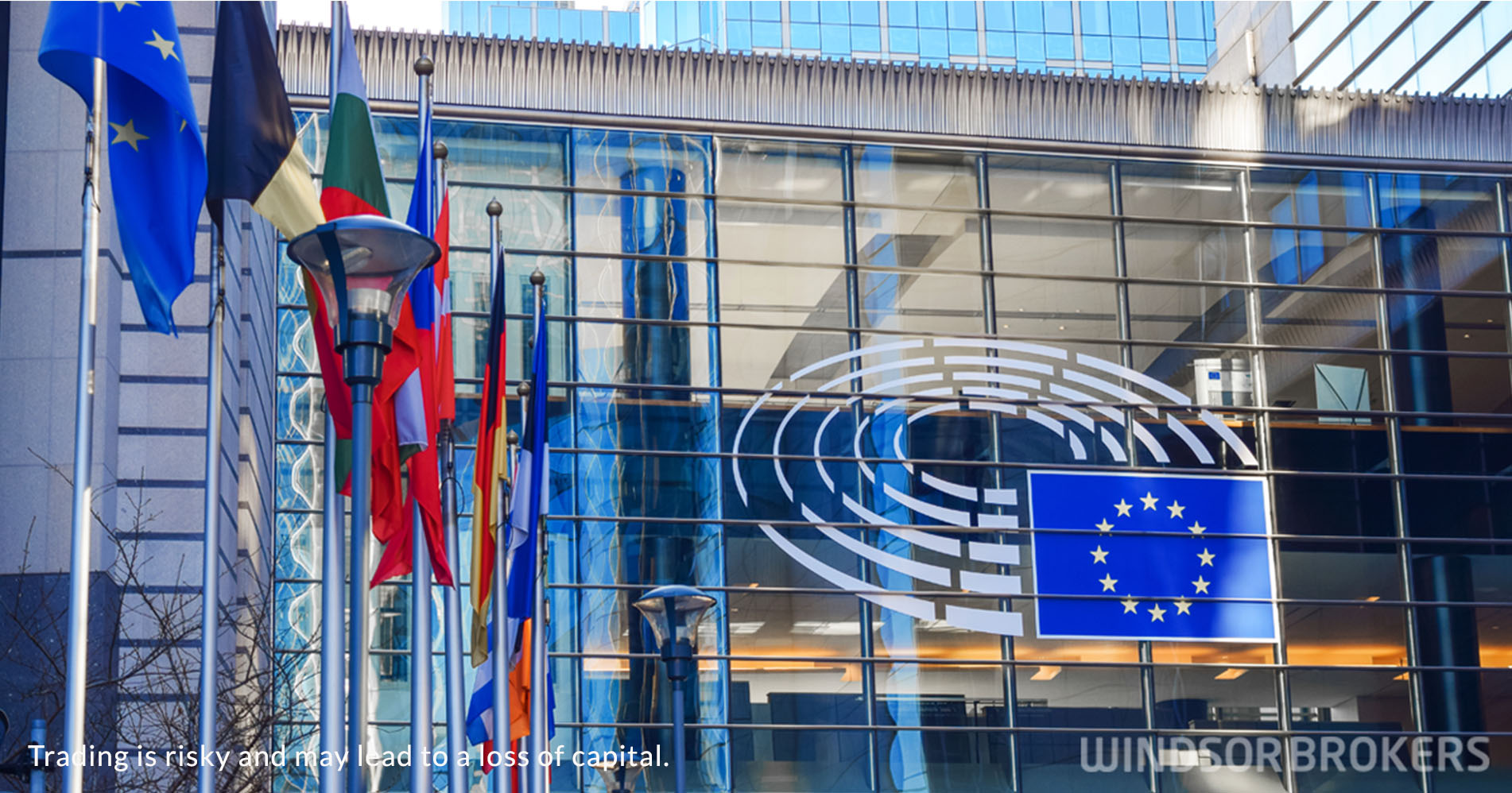Eurozone factory activity weakened further in April – PMI
The recent report on manufacturing activity in the eurozone paints a mixed picture, with overall conditions deteriorating despite some pockets of improvement.
In April, manufacturing activity across the euro zone declined further due to weakening demand, even though factories lowered prices in an attempt to stimulate sales. This decline led to a reduction in workforce for the eleventh consecutive month.
France and Italy experienced worsening conditions, while Germany showed signs of moving closer to expansion. Spain, on the other hand, saw its manufacturing activity expand at the fastest pace in nearly two years, driven by increased demand.
The Euro zone Purchasing Managers’ Index (PMI) for manufacturing fell to 45.7 in April, remaining below the 50 mark indicating contraction for almost two years. The index measuring output nudged up slightly, but the new orders index fell to a four-month low, indicating no immediate turnaround for manufacturers.
Despite efforts to lower prices, the manufacturing malaise persists, suggesting that the European Central Bank may reduce borrowing costs in June as inflation eases. Euro zone inflation held steady at 2.4% in April, but there are indications of a slowdown in underlying price pressures.
Overall, while there are some glimmers of hope in certain regions like Germany and Spain, the manufacturing sector in the euro zone continues to face challenges amid weakening demand and ongoing economic uncertainties.


